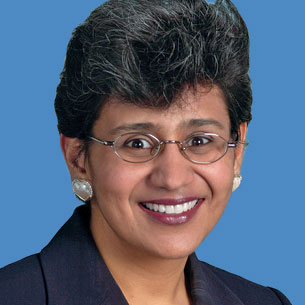Recent events have caused our collective attention to be turned to the issue of race in America, of social justice, and of systemic biases that exist in society. While protesters have taken to the streets, and people are now standing up demanding change, these issues are not new. Pervasive bias has been in this country for centuries, and quiet microaggressions and larger macroaggressions have been given a pass for far too long. Silence, my friends, is complicity, and black lives do matter.
We must also consider the bigger picture: the injustice in this country goes beyond race. There is a general bias against, an intolerance of, and a lack of respect and appreciation for the “other.” More than ever, the rise of nationalism and tribalism has spurred on these biases. We paint entire groups based on unjust stereotypes—Mexican drug dealers, Muslim terrorists, Black thugs. Our fear of what we don’t know often stokes hatred and resentment, as unjustified and ill-conceived as it may be. How many Asian Americans got nasty looks or comments when the coronavirus pandemic started, as though somehow this “Chinese virus” was their fault? Why is it so difficult for an LGBT couple to buy a simple wedding cake? Even when it comes to the long-fought battles over sexism, we still see bias against women in the workplace—they hold fewer seats at the top (whether in business, academia, or political office), and still get paid a fraction of what men do for work of equal value. We treat “different” people differently, and it’s wrong.
I could rant forever, but rants are not sufficient to change society, and neither is simply mandating cultural competency or implicit bias training. The problem is much deeper than that, and the solution requires far more depth. We need to go beyond tolerance to actually embrace pluralism. Until people can truly see human difference as a strength, like diverse threads in a beautiful tapestry or specks in a colorful kaleidoscope, we will never overcome the biases that are innately present and propagated in our society. It will only be when we see the “other” as part of “us” that we will begin to rail against the systemic inequities that disadvantage the most marginalized among us.
The mantra for many during the COVID pandemic has been, “We’re all in this together.” Well, my friends, in this thing called life, we’re all in this together. We are born of a single soul… and until we truly appreciate that, and appreciate the innate value each unique individual brings to our common human experience, I fear we will never completely overcome the ubiquitous biases we all possess.


Recent posts